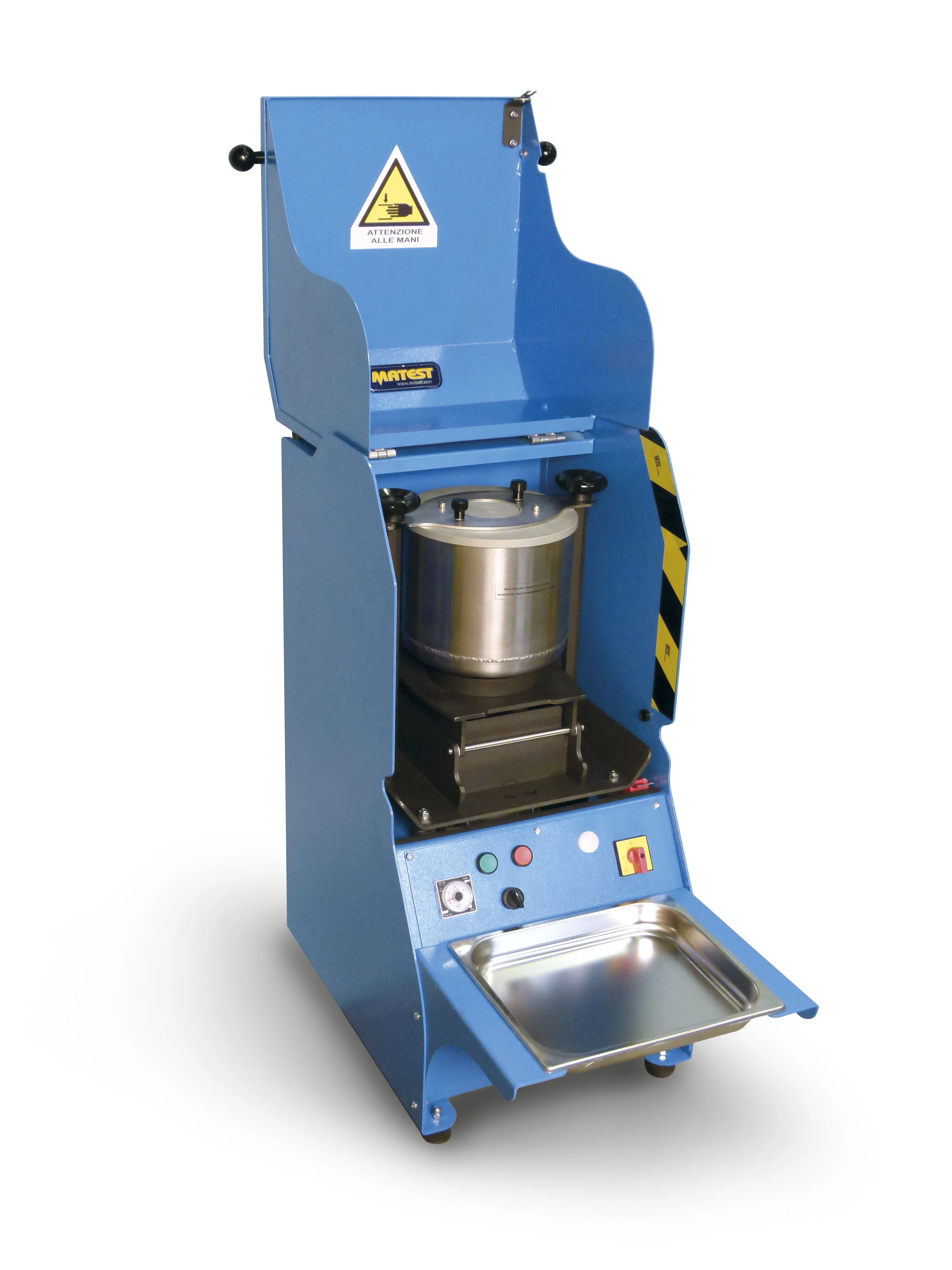The International Transport Forum (ITF) has published a new report on how better regulated Public-Private Partnerships (PPPs) can improve funding and delivery of transport infrastructure.
The ITF highlights how PPPs have become an important tool for governments to attract private finance for infrastructure investments. In the face of tight budgets, PPPs are seen as a means to maintain transport investment and limit public spending at the same time.
October 15, 2013
Read time: 2 mins
The 1102 International Transport Forum (ITF) has published a new report on how better regulated Public-Private Partnerships (PPPs) can improve funding and delivery of transport infrastructure.
The ITF highlights how PPPs have become an important tool for governments to attract private finance for infrastructure investments. In the face of tight budgets, PPPs are seen as a means to maintain transport investment and limit public spending at the same time.
Experience with PPPs has been mixed, however. Some transport PPP projects have delivered major cost savings, while many others have exceeded their budgets. PPPs are prone to overestimating revenues from the investment, and the associated risks often fall on the taxpayer when projects run into financial difficulty.
The ITF report ‘Better Regulation of Public-Private Partnerships for Transport Infrastructure’ released by the ITF at the3685 Organisation for Economic Co-operation and Development (OECD) examines the nature of risks and uncertainties associated with different PPP types; the practical consequences of transferring risks to private partners; assesses the fiscal impact of PPPs; discusses budget procedures and accounting rules; and reviews the relative merits of tolls, availability payments and regulated asset base models.
Policy makers, transport planners, regulators, economists, financial institutions, and transport researchers are among the target audience for the ITF report.
To browse the report online or purchase a copy, %$Linker:2 External <?xml version="1.0" encoding="utf-16"?><dictionary /> 0 0 0 oLinkExternal click here www.oecd-ilibrary.org/transport/better-regulation-of-public-private-partnerships-for-transport-infrastructure_9789282103951-en false http://www.oecd-ilibrary.org/transport/better-regulation-of-public-private-partnerships-for-transport-infrastructure_9789282103951-en false false %>
The ITF highlights how PPPs have become an important tool for governments to attract private finance for infrastructure investments. In the face of tight budgets, PPPs are seen as a means to maintain transport investment and limit public spending at the same time.
Experience with PPPs has been mixed, however. Some transport PPP projects have delivered major cost savings, while many others have exceeded their budgets. PPPs are prone to overestimating revenues from the investment, and the associated risks often fall on the taxpayer when projects run into financial difficulty.
The ITF report ‘Better Regulation of Public-Private Partnerships for Transport Infrastructure’ released by the ITF at the
Policy makers, transport planners, regulators, economists, financial institutions, and transport researchers are among the target audience for the ITF report.
To browse the report online or purchase a copy, %$Linker:








